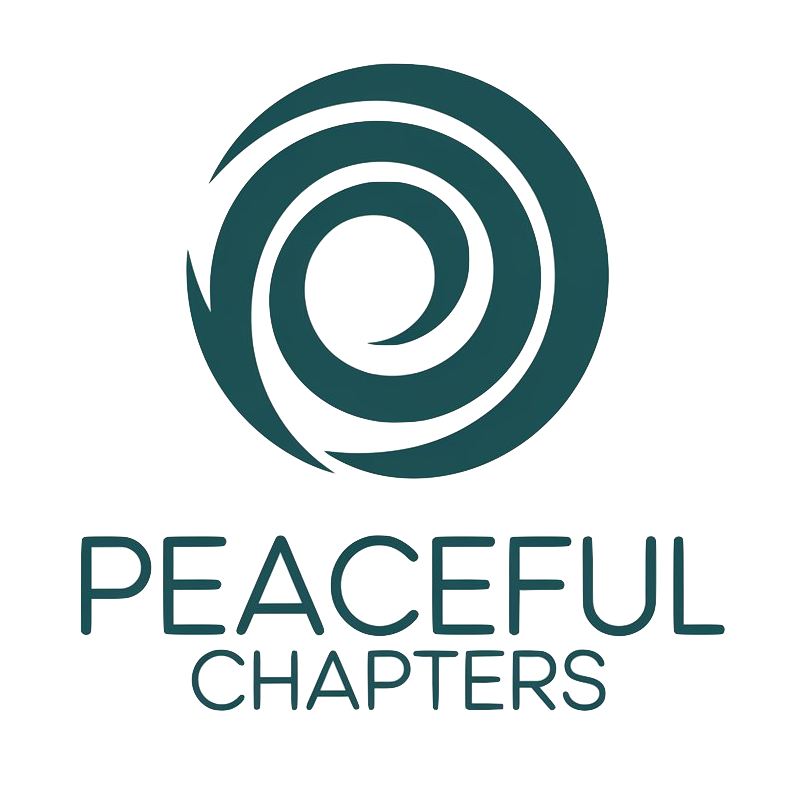Life often presents us with trials that leave emotional scars—wounds from betrayal, unkind words, or even unfulfilled expectations. While these experiences shape us, clinging to past hurts and resentment keeps us tethered to pain, robbing us of joy and inner peace. Letting go is not about condoning or forgetting but about liberating the soul from the weight of the past. This journey is a profound act of self-compassion, one that demands patience, practice, and courage.
Why Letting Go Matters
Resentment is like carrying a heavy stone in your heart. Each grudge and unresolved hurt adds to this weight, sapping energy and clouding judgment. Studies have shown that chronic resentment and stress increase cortisol levels, which adversely impact mental and physical health. Letting go isn’t just emotional—it’s biological.
Culturally, spiritual teachings across traditions emphasize forgiveness as a pathway to freedom. Marcus Aurelius, the stoic emperor, wrote, “The best revenge is not to be like your enemy.” Similarly, Rumi reflected, “Try not to resist the changes that come your way. Let life live through you.” Both remind us that clinging to pain only strengthens its grip.
Understanding Resentment: The Root of the Issue
Resentment often stems from unmet expectations or perceived injustices. It’s natural to feel hurt when trust is broken or dreams are crushed. However, staying in this state creates a cycle of negativity.
Consider this: The person who wronged you may have moved on, while you’re left carrying the burden. Resentment binds you to them, not as a means of accountability, but as a reminder of unresolved emotions. To release it, you must shift the focus from them to yourself—your healing, your growth, and your peace.
Practical Steps to Let Go of Resentment
- Acknowledge Your Emotions
Healing begins with recognition. Allow yourself to feel the anger, sadness, or betrayal without judgment. Journaling can be an effective way to process emotions. Write openly about what happened and how it made you feel. - Shift Your Perspective
Viktor Frankl emphasized the power of reframing. Ask yourself, “What can I learn from this experience?” While you can’t control others, you can control your response and extract wisdom from adversity. - Practice Mindful Forgiveness
Forgiveness does not mean excusing harm but releasing its power over you. Thich Nhat Hanh suggested, “Forgiveness will not be complete until you forgive yourself.” Start with small acts of forgiveness, even if it’s forgiving yourself for holding onto anger. - Engage in Healing Practices
Meditation and breathing exercises are invaluable tools for releasing emotional tension. Imagine exhaling resentment and inhaling peace. Visualization techniques, such as picturing a heavy chain breaking free, can also help. - Seek Support
Sometimes, letting go requires external guidance. Trusted friends, therapists, or support groups can provide a safe space for healing. - Create a New Narrative
Rewrite the story you tell yourself. Instead of being a victim of someone else’s actions, frame yourself as a resilient overcomer who chose to rise above.
Historical and Cultural Wisdom on Letting Go
Forgiveness has deep roots in human history. In ancient Greece, the concept of amnesty was literally the act of “forgetting” past wrongs for the sake of harmony. Similarly, indigenous cultures often used restorative practices, such as communal reconciliation ceremonies, to heal collective wounds.
Modern psychology reinforces these age-old practices. Researchers at Stanford University found that forgiveness therapy significantly reduced depression and improved mental well-being. This interplay of historical wisdom and scientific insight underscores the universal power of release.
The Transformation of Letting Go
One of the greatest gifts of letting go is freedom. Imagine shedding the burdens of yesterday and waking up to a present untainted by past pain. This transformation doesn’t happen overnight, but every step you take toward releasing resentment brings you closer to peace.
Letting go of past hurts is a testament to your strength and capacity for growth. It’s a choice—a declaration that your soul deserves peace, not pain. As Rumi beautifully said, “Be like a tree and let the dead leaves drop.” The past is unchangeable, but your response to it holds infinite power.

